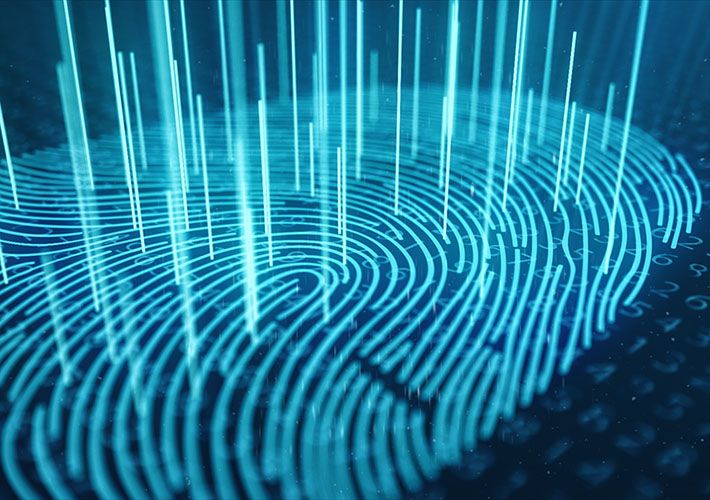Forensics is the study of scientific applications that can be used towards solving criminal cases or academic anomalies. This is normally a discipline studied by anyone who wishes to work in law enforcement, academia or dentistry.

Where Can You Study Forensics?
You can study forensics at a four year university that offers a degree program. The most recommended forensic schools are:
- George Washington University
- Loyola College Chicago
- Boston University
- CUNY John Jay College
- Penn State University Main Campus
- Florida State University
- Hofstra University
- Michigan State University
- Arkansas State University
- University of New Haven
- Lewis University
- St. Louis University
- West Virginia University of Technology
- SUNY-University of Buffalo-SUNY
What Forensic Degrees Are Offered?
There are four choices for someone who wishes to study forensics: Certificate, Associate, Bachelors, or Masters. The length of time to complete each degree varies. A Certificate program normally takes a few months, while an Associate degree takes a year to two years, while a Bachelors degree takes four years. A Masters degree takes two-three years, and cannot be completed until you have earned a Bachelors first.
How Do I Select A Forensic School?
Not all Forensic Schools are equal. Therefore, you will need to research and compare. First, visit each school’s website to read over the degree program requirements for each. Second, make a list of your favorite schools, putting your favorite at the top and your least favorite at the bottom. You should have at least five on this list. Third, start contacting and visiting each school.
Make sure to speak with the professors and ask questions about degree requirements and career prospects after graduation. Fourth, prepare for your test requirements. You will need the SAT or ACT to enter a Certificate, Associate or Bachelors program. A Masters program will require the GRE. Finally, apply to your school choices and wait for acceptance letters. You will make a final choice based on who accepts you.
Forensic Science or Forensic Investigation?
Forensic science focuses on lab work while forensic investigation is about applying knowledge acquired from lab work to the field. Therefore, if you see yourself working in a lab at a law enforcement agency, study forensic science. If you see yourself solving crimes with the help of a forensic scientist, study forensic investigation.
Subfields of Forensics:
There are ten subfields within forensic science: Forensic Biology, Forensic Psychology, Forensic Anthropology, Forensic Chemistry, Forensic Entomology, Forensic Nursing, Forensic Odontology, Forensic Reconstruction, Forensic Technology, and Forensic Toxicology. Which subfield you choose will depend upon your career and education goals.
Which Forensics Subfield Degrees Are Best Suited For An Academic Career?
The forensics subfield degrees best suited for an academic career are Forensic Anthropology, Forensic Chemistry and Forensic Entomology. The study of Forensic Odontology is best suited for future dentists.
What Careers Are Available?
You can work as a Forensic Science Technician, Bloodstain Pattern Analysts, Forensic Ballistic Expert, Forensic DNA Specialist, Polygraph Examiner, or Forensics Documents examiner just to name a few careers after you complete your education.
